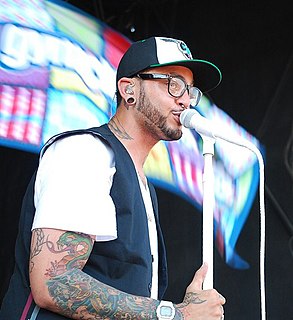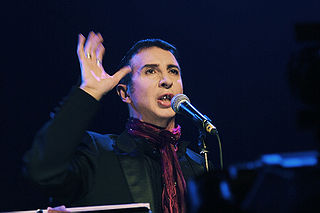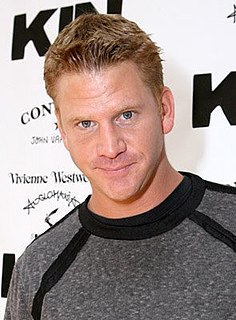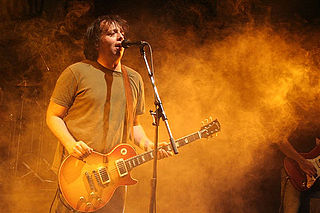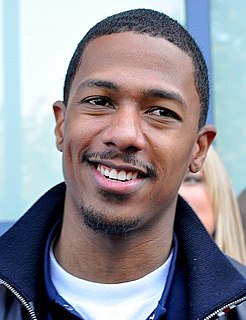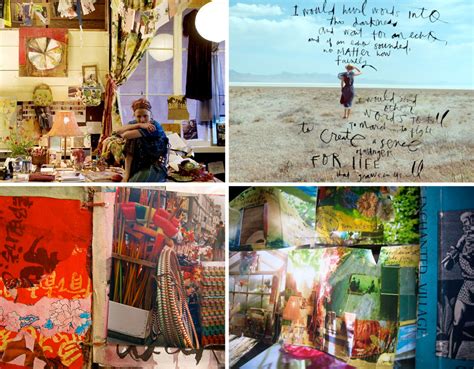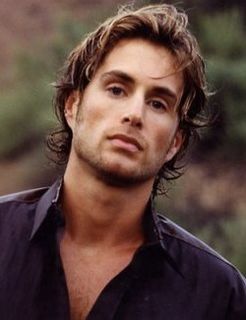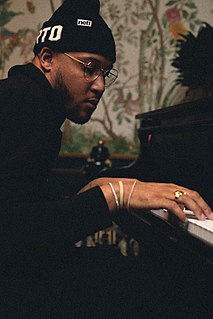A Quote by Travie McCoy
I've been producing since the early stages of Gym Class Heroes. A lot of the songs on the first 'Papercut Chronicles' were actually beats that I made.
Related Quotes
I think anything we do outside of Gym Class Heroes still falls under the Gym Class Heroes umbrella. There's really no method to the madness. With Gym Class, it's more of a democratic process, and when I'm working on solo stuff, it's just me, either working with producers or sitting in a room by myself. They balance and complement each other.
When I was a kid, a lot of my parents' friends were in the music business. In the late '60s and early '70s - all the way through the '70s, actually - a lot of the bands that were around had kids at a very young age. So they were all working on that concept way early on. And I figured if they can do it, I could do it, too.
When I first starting making beats, I didn't know samples were being used in any beats. I had no idea where producers were getting the real string sounds or the voices on their tracks. I knew nothing about loops or sampling off of records. So, by me knowing nothing about this it made me concentrate on my chords on the keyboard.
